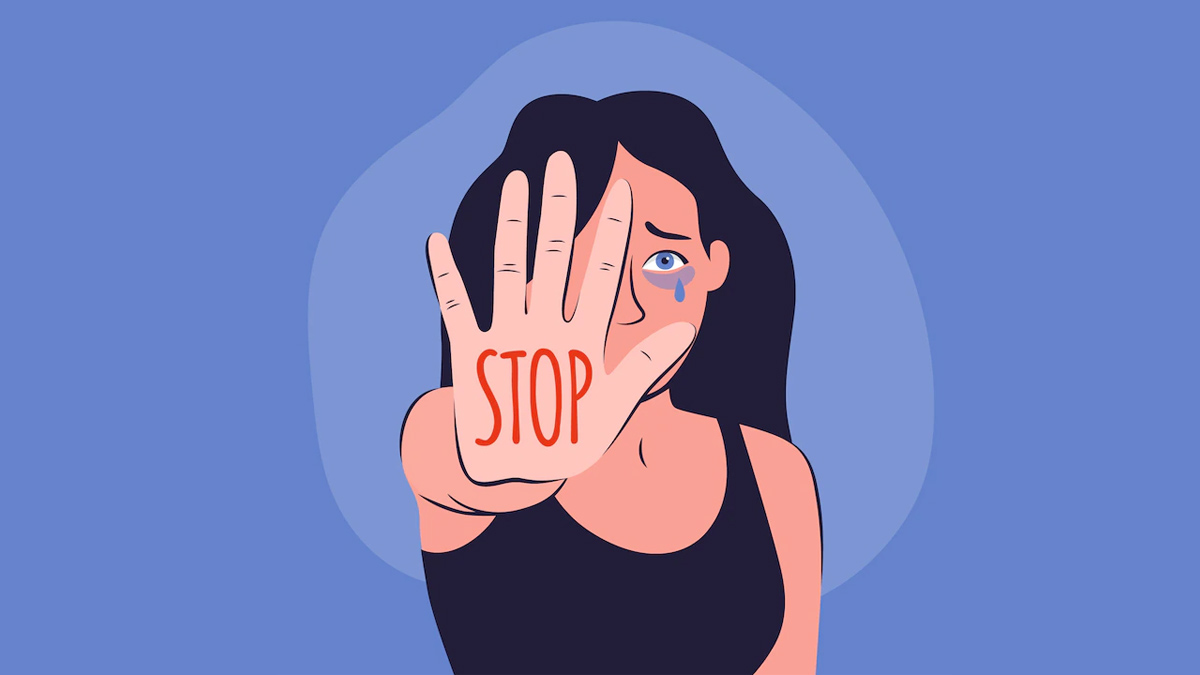There is no way to get around it, domestic abuse is often an ugly, hurtful experience. More than one-third of women and one in 12 are victims of domestic abuse. Unfortunately, most victims don’t reach out for help for a variety of reasons, whether it’s shame, embarrassment, or fear of repercussions. So, it’s very important to know how to prevent and leave domestic violence situations. Here are a few ways to prevent domestic violence:
Be Aware of the Signs
There are many signs of an abusive relationship, but it can be difficult to recognize them. Many abusers are charming and manipulative. They may seem like they’re just having a bad day when they lash out in anger or say things like “I’m sorry” and promise to never do it again. The abuser may also be jealous, controlling, possessive, and threaten to hurt you or your children if you leave him or her.
Talk to a Professional
Talking to a professional is a great first step. You can get referrals from friends and family members, but you can also contact your doctor, school counsellor, or church leader for help. If you live in an area where there are domestic violence shelters, contact them as well.
Another professional you can speak with is a lawyer. Many people aren’t aware that domestic abuse is a criminal offense, and the victims of domestic abuse can file a civil action to gain compensation. There are compassionate domestic abuse lawyers who specialize in domestic abuse, offering support, and can handle these sensitive situations.
Focus on Yourself and Your Needs
Next is focusing on yourself and your needs. It’s easy to get caught up in the idea that you can make your partner change, or that they’ll come around if you just love them enough. However, the truth is that no amount of love will make someone stop being abusive, and if anything, trying to “make” your partner change may lead them to abuse more often because they feel like their power over you has been taken away.
Keep the Lines of Communication Open
The most important thing you can do is to talk to your partner about what you are feeling. You should also ask for help from friends, family, or professionals, like lawyers and mental health practitioners. Writing down your feelings and thoughts is another way for you to express yourself healthily.
Seek Support from Friends and Family
If you’re experiencing domestic violence and need help, there are many resources available to you. You can talk to friends or family members who you trust. If you need immediate assistance, call 911 and ask for an emergency services operator, who will help you get in touch with the police department or other local service providers.
Do What Feels Safe to You
When it comes to domestic violence, there is no one size fits all approach. Every situation is different, and every person has their own needs. If you are in an abusive relationship, the most important thing for you to do is make sure that whatever choice you make feels safe for yourself and your children.
Bottom Line
Don’t feel guilty about leaving or staying in an abusive relationship because either choice can be dangerous if done without careful consideration of all factors involved. You might also find yourself needing help from others along the way. Don’t hesitate to reach out for support from friends, family members, or professionals, who can offer guidance during this difficult time.

